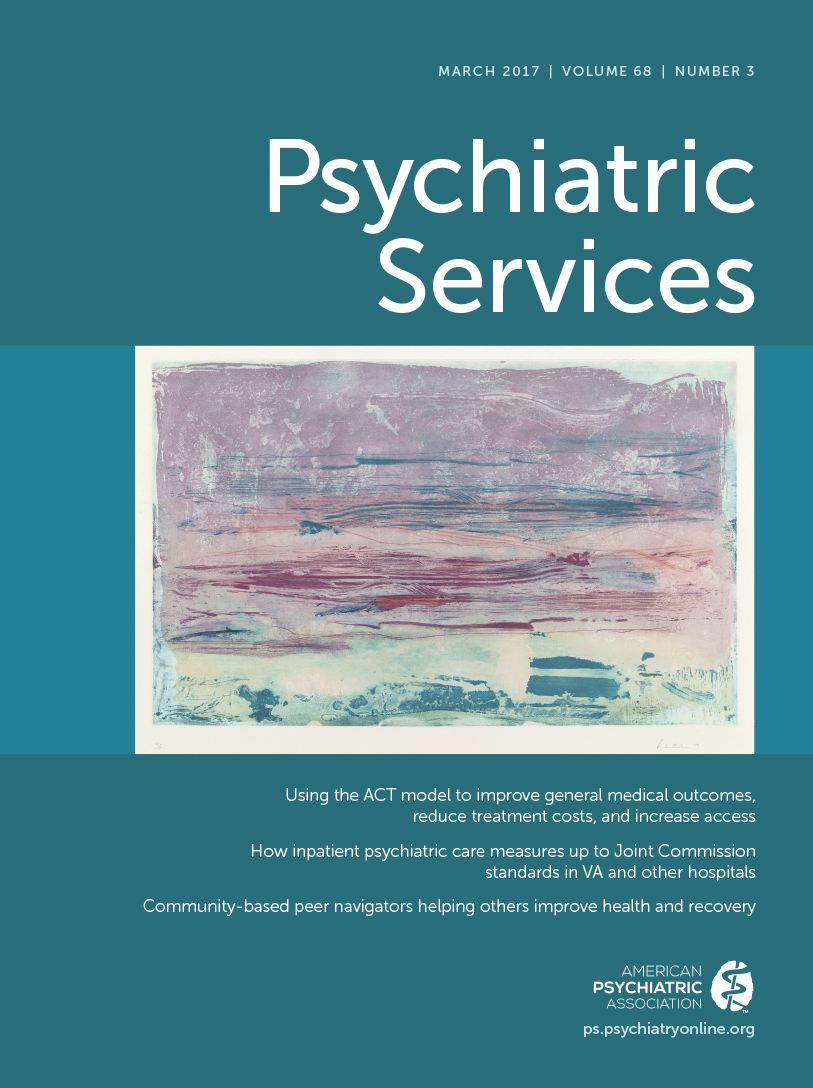Taking Issue With Crime, Vulnerability, and AOT
TO THE EDITOR: In the February Taking Issue column, Munetz and Aultman (1) disagree that a special category is needed for potential research participants who are committed to assisted outpatient treatment (AOT). They argue that ethically responsible researchers should know how to deal with this population. Researcher responsibility is a necessary condition, but it is not sufficient given the lack of policy clarity surrounding this population.
Ideally, all researchers would be ethically responsible and realize that individuals on AOT are in a unique position, and in conducting their research they would be mindful of these individuals’ unique vulnerabilities. As we described in our Open Forum, even highly responsible researchers sought out guidance in how best to work with this population (2). Ethical intuition, individual virtue, and responsible conduct can take us only so far. Categorical distinctions are sometimes warranted to help frame guidelines and policies in the interests of particular populations.
Moreover, it is likely that not all researchers or institutional review boards are knowledgeable enough about AOT to understand the vulnerabilities that civil commitment may create. We agree that individuals who are on AOT should not be conflated with criminality or confused with the incarcerated population. We make this distinction in our article. And yet, in the research world, this conflation persists.
The 21st Century Cures Act includes new funding for expanding AOT. The number of individuals on AOT is likely to increase. It is therefore important to better understand the unique vulnerabilities of these individuals in the context of biomedical or social science research. Continuing to consolidate individuals on AOT with detainees in research settings is incorrect, and continuing to ignore their particularly vulnerable status by treating them as community members in research settings is also inappropriate.
A goal in writing the Open Forum was to begin a conversation about research ethics issues related to AOT. We are gratified that we are now having that conversation.
1 : Crime, vulnerability, and AOT. Psychiatric Services 68:105, 2017Link, Google Scholar
2 : “Restricted community members”: research protections and opportunities for individuals committed to assisted outpatient treatment. Psychiatric Services 68:189–191, 2017Link, Google Scholar



